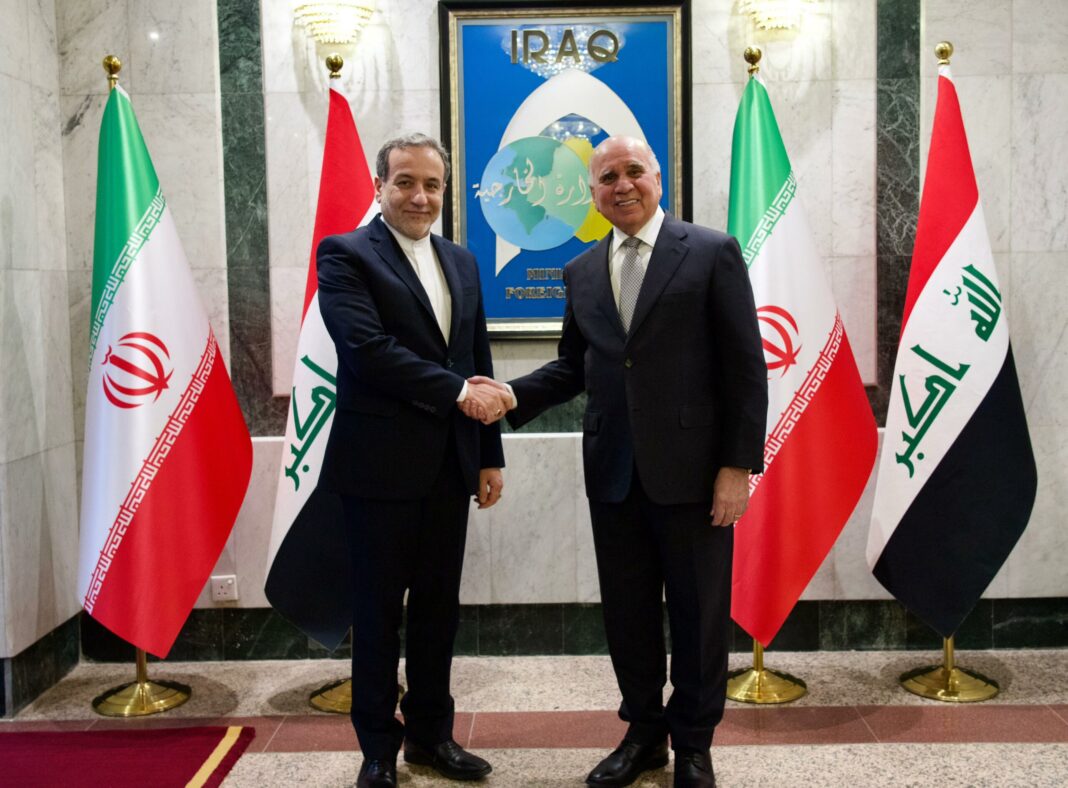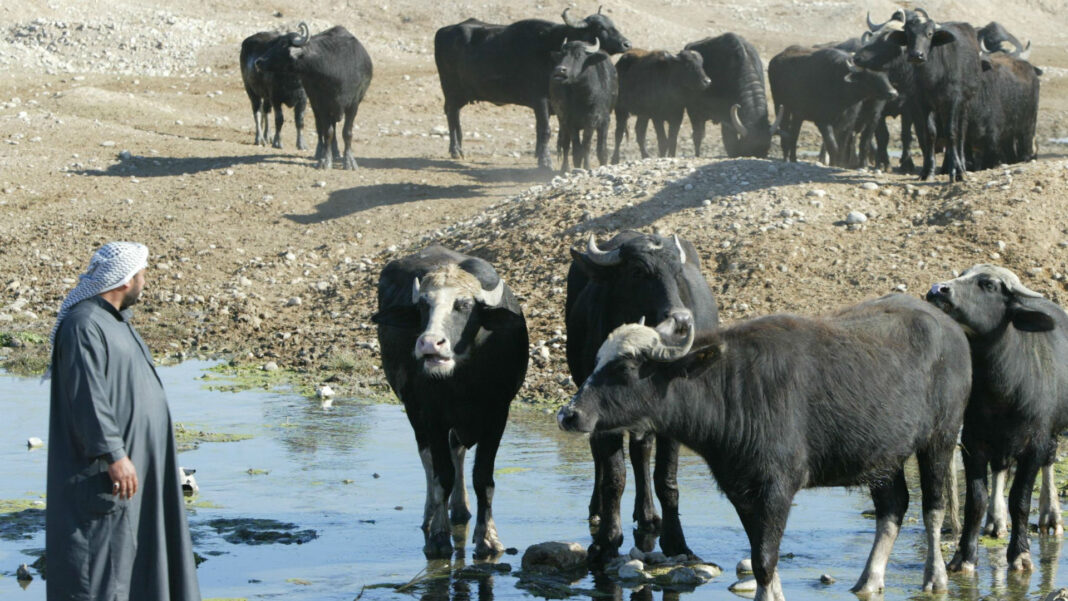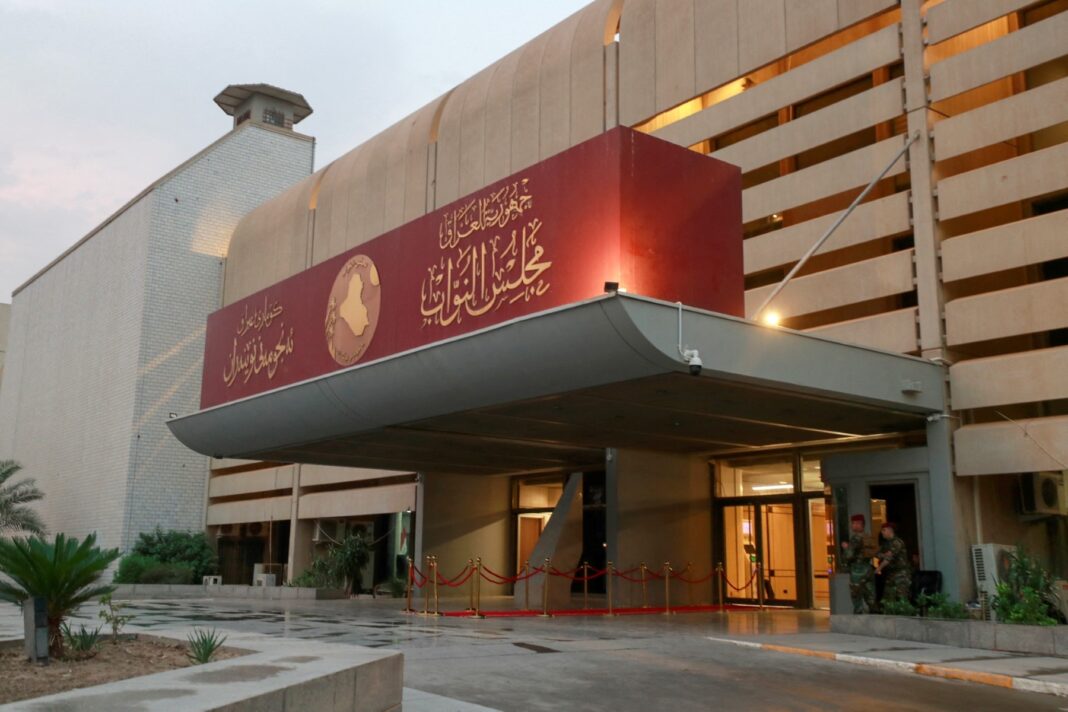Iraq and Iran call for joint Islamic action on Gaza crisis as their foreign ministers met in Jeddah. Iraqi Foreign Minister Fuad Hussein and Iranian Foreign Minister Abbas Araghchi stressed the urgent need for collective Islamic and Arab measures. They argued that real efforts must address the deep humanitarian disaster unfolding in the Gaza Strip.
During their talks at the Organization of Islamic Cooperation (OIC) extraordinary session, both ministers strongly condemned Israel’s actions. They denounced the ongoing crimes against Palestinians and highlighted the severe impact on Gaza’s civilian population. Furthermore, they emphasized that the crisis demands immediate international attention, not delayed promises.
According to Iranian media, the ministers also criticized Israel’s restrictive policies. These policies continue to block essential goods such as food, water, and medicine. As a result, Gaza’s residents face worsening hardship every day. In response, the two leaders urged for the swift lifting of the blockade.
Moreover, both ministers called for justice. They insisted on holding those responsible accountable while also preventing what they described as an ongoing genocide. By focusing on accountability, Iraq and Iran underlined that international law must play a central role.
The discussions extended beyond Gaza. The two sides also reviewed bilateral relations, underlining their shared interest in stronger political and economic cooperation. This demonstrates that their meeting combined both regional solidarity and national partnership.
Meanwhile, foreign ministers and senior officials of the Organization of Islamic Cooperation debated broader strategies. They considered coordinated responses to Israel’s military actions and violations of Palestinian rights. Their talks also included proposals for practical steps to support Gaza. Importantly, these steps aim to ensure humanitarian relief reaches the besieged population quickly.
Ultimately, Iraq and Iran call for joint Islamic action on Gaza crisis as a unified response to human suffering. Through cooperation and pressure, they hope to mobilize Islamic nations toward real solutions. This moment, they argued, is critical for restoring dignity, justice, and relief for Palestinians trapped under blockade.



